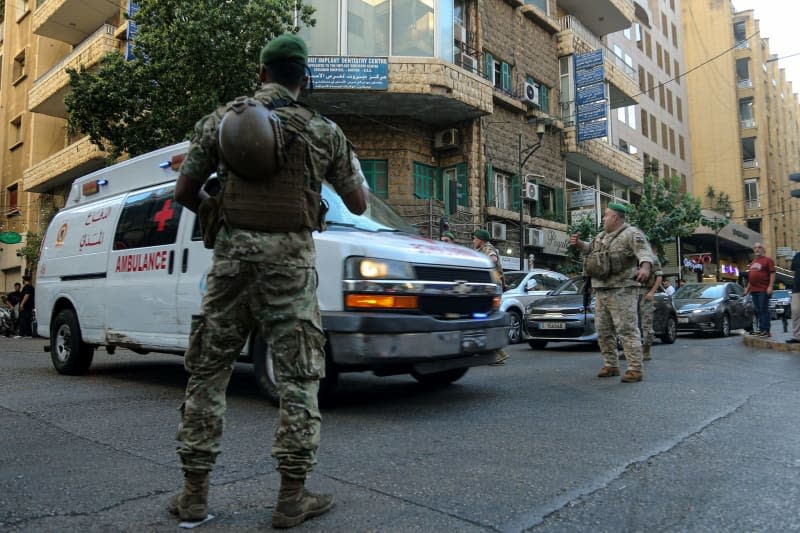Hezbollah leader Hassan Nasrallah has said the back-to-back blasts of electronic devices across Lebanon which are widely assumed to have been caused by Israel amount to “a declaration of war.”
In a much-anticipated televised speech on Thursday, Nasrallah said: “There is no doubt that we have been subjected to a major security and humanitarian blow, unprecedented in the history of our resistance and perhaps in the history of the conflict with the enemy.”
“Over two days, in one minute every day, the enemy wanted to kill 5,000 people in two minutes without caring about anything,” Nasrallah said.
“Our answer is, in the name of the martyrs and the wounded, that the Lebanon front will not stop until the aggression against Gaza stops, regardless of the sacrifices … ,” he said.
The blasts that hit Lebanon on Tuesday and Wednesday were “a major terrorist operation, an act of genocide, and a massacre, and amounts to a declaration of war,” the leader of the Iranian-backed militia said.
As Nasrallah was speaking, Israeli warplanes broke through the sound barrier over the capital Beirut, with sounds like a bomb explosion causing panic.
According to the Lebanese Health Ministry, at least 37 people have been killed and some 3,000 injured across the country in the series of explosions that involved pagers and walkie-talkies used by Hezbollah.







